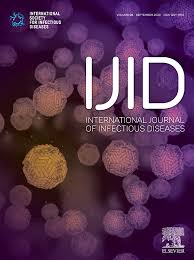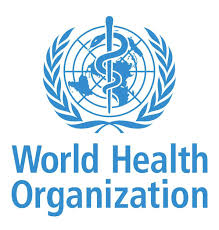
Early risk communication scholars found acceptability of risk was shaped by 2 key components: hazard and outrage. The number of people who are exposed, infected, and fall ill can be considered the hazard. How the public and patients and respond to messages regarding risk mitigation relates to outrage. Social and cultural factors, immediacy, uncertainty, familiarity, […]

An emerging outbreak of a novel coronavirus, COVID-19, has now been detected in at least 211 countries worldwide. Given this pandemic situation, robust risk communication is urgently needed, particularly in affected countries. Therefore, this study explored the potential use of Google Trends (GT) to monitor public restlessness toward COVID-19 infection in Taiwan.

The authors have had experience responding to severe acute respiratory syndrome (SARS) and H1N1 influenza, formulating a national medical recovery plan in Kuwait, responding to the 9/11 World Trade Center disaster, and developing peer support programs for health care. In this commentary, we summarize lessons learned from those experiences and provide consensus on best practices […]

This document provides checklists for risk communication and community engagement (RCCE) readiness and initial responses to the COVID-19 outbreak. It provides guidance for countries, both those preparing for the outbreak and those with confirmed cases. on how to implement effective RCCE strategies that will help protect the public’s health.
This document provides checklists for risk communication and community engagement (RCCE) readiness and initial responses to the COVID-19 outbreak. It provides guidance for countries, both those preparing for the outbreak and those with confirmed cases. on how to implement effective RCCE strategies that will help protect the public’s health.
Businesses are laying off workers, shutting their doors (some permanently), and struggling to react to the radical destruction that coronavirus (COVID-19) is doing to our society and communities. Most have already sustained massive damage, and we still have yet to see the scope of this global pandemic.

When the COVID-19 crisis first erupted, organizations across the world were plunged into such uncertainty it was hard for many to know whether they would emerge intact. Now, though the road ahead remains difficult, leaders are shifting from whether they can return to how to do so.

Handling the covid-19 epidemic requires a balanced approach that promptly tells people what they and the health system can do without causing panic. China, where the SARS-CoV-2 virus originally infected humans, tried to use an authoritarian approach to underplay the seriousness of the outbreak in its early stages.1 It is paradoxical therefore that China’s aggressive […]
